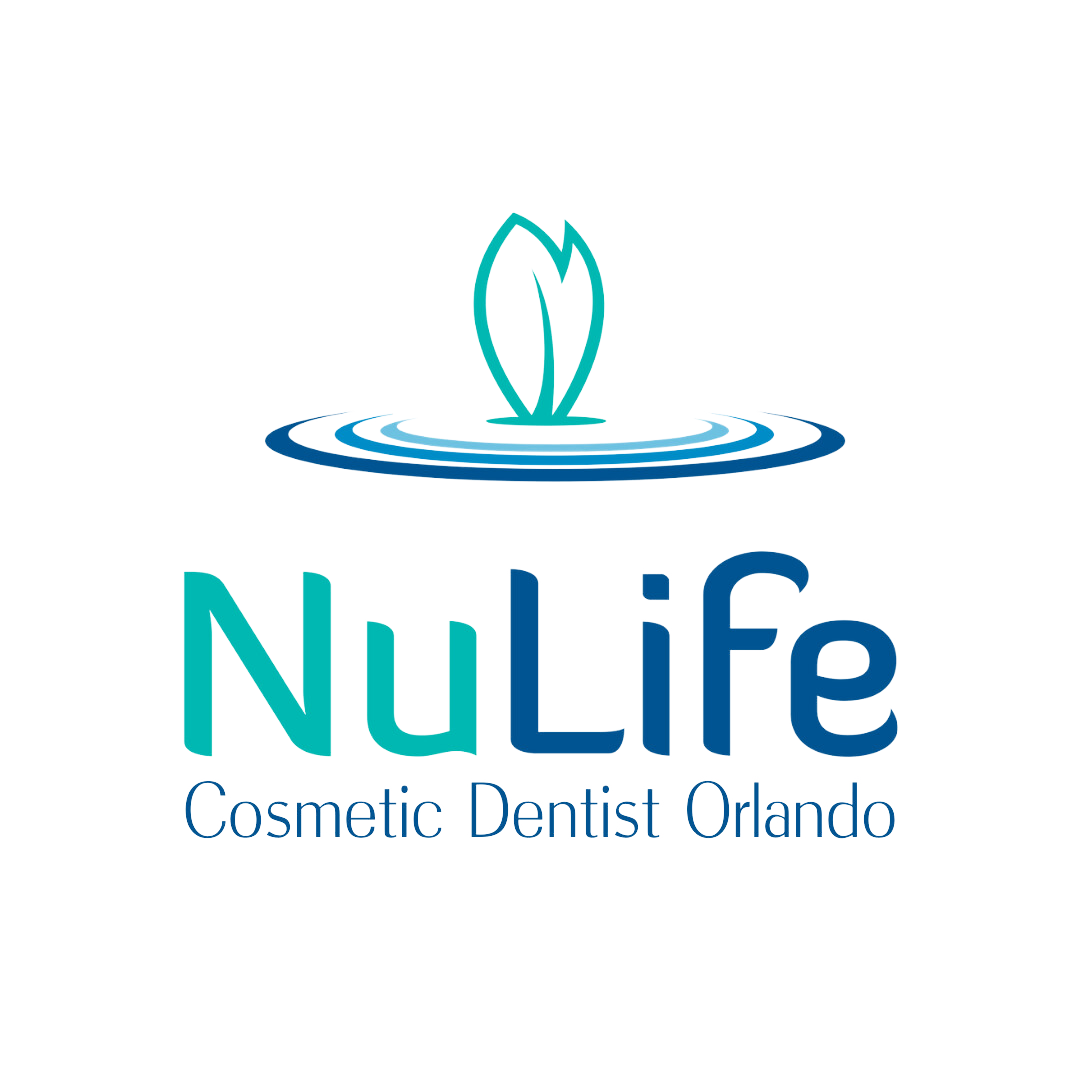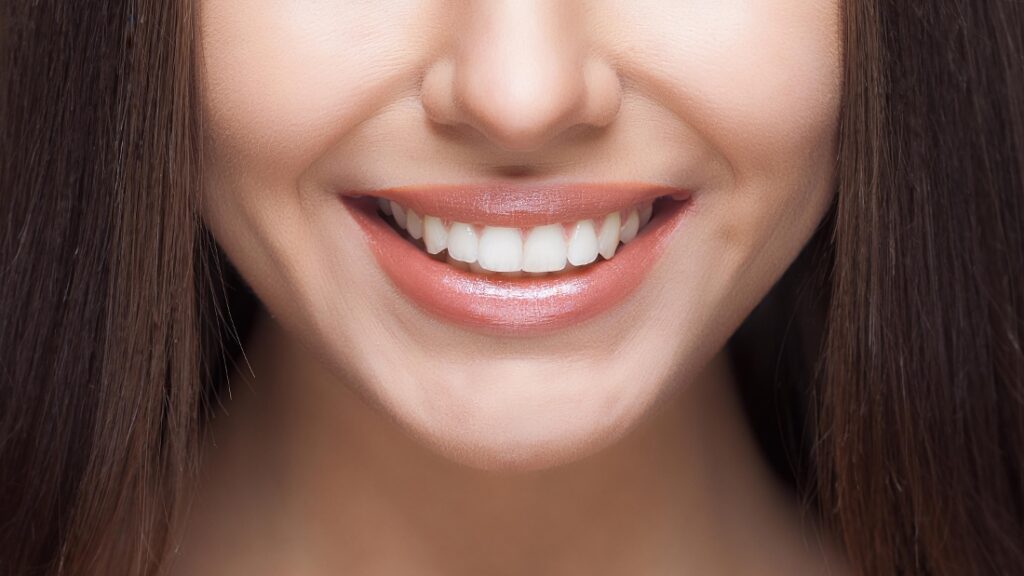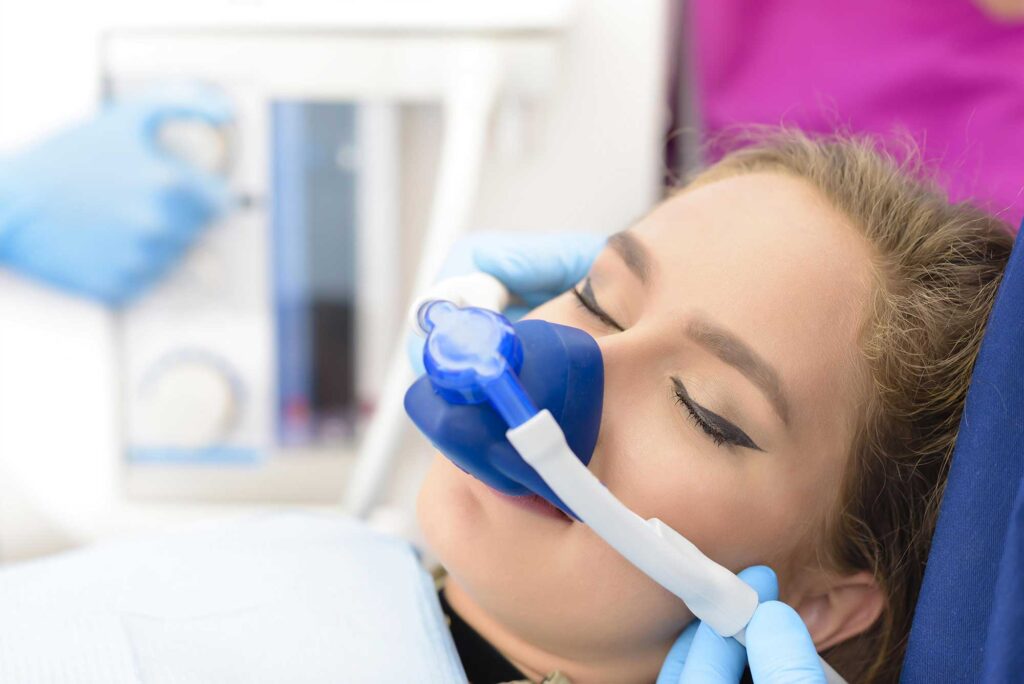

A healthy smile can win the hearts of many. However, a few of us struggle to keep our smiles healthy. If you are one of them, you can simply improve your smile by maintaining your oral health. Your dental hygiene will not only contribute to your smile, but it can also be beneficial for your overall well-being. Some lifestyle changes will serve the purpose so let’s discuss how to keep a healthy smile and restore self-confidence.
Many of us ignore flossing. Often, we think that it won’t really help, but flossing can boost your oral health by removing food particles and bacteria. After eating, some prefer to use a toothpick to remove the food particles stuck between teeth, but a toothpick might not be as effective as flossing.
Even if you brush your teeth regularly, you should consider flossing daily to eliminate all the unwanted food from between your teeth. Flossing is easy and can be done by anyone. This simple and traditional method can limit your time spent in the dentist’s chair.
Flossing will foster healthy gums and teeth. You just need to know the right way to floss in order to maximize the benefits. When not done properly, flossing can damage the gum line.
The best way to floss is to wrap the ends of the floss around each index finger and maintain a two-inch distance between fingers. Make sure to unroll a fresh section of floss for each tooth. While flossing, you need to keep it tight against your teeth to remove the plaque without damaging your gums.
If you avoid flossing, food deposits can cause serious dental issues including gingivitis and periodontal disease. You should floss daily for a healthy smile.
Having your teeth professionally cleaned twice a year is considered important to good oral health. However, some of us have a cleaning only a few times in life. Oral hygiene is a must to keep most dental problems at bay.
You should visit your dentist twice a year for preventative cleanings, known as prophylaxis when the gums are healthy. It will minimize the risk of cavities and many other oral diseases. Even if your teeth are properly maintained and healthy, your hygienist will suggest a preventative cleaning twice a year for many good reasons.
Any preventative cleaning will boost the appearance of your teeth while removing the bacteria. Even after an Orlando dental exam, bacteria will start to re-colonize, and you cannot eliminate them completely with the best dental practices at home. Therefore, you should consider preventative cleaning every six months to remove the plaque and bacteria before they can cause any noticeable damage.
There are also some other benefits to dental cleaning. During the cleaning, the dental hygienist or dentist can detect any issues and treat the conditions.
If an issue is detected at an early stage, you will spend less time and money on the treatment and also prevent gum diseases. Some gum diseases can be quite harmful, leading to a heart attack or stroke.
Smoking can harm your physical and mental health in more than one way. We all are aware of the impacts of smoking on our bodies, but we should know that smoking is detrimental to our oral health. Not only can tar and nicotine change the appearance of your teeth by making them yellow, and is a leading cause of gum disease. Gum disease associated with smoking harms the tissue and bones that support your teeth.
As a result, you can experience tooth decay and possibly suffer from more severe issues such as oral cancer. So, do a favor for yourself and avoid smoking. Initially, it will not be easy to quit smoking, but you can quit gradually and then quit it completely after a while. Once you quit smoking, you will notice many positive changes in your overall well being including your oral health. Now is the time to talk to your dentist to learn how smoking negatively affects your smile and dental health.
We all love beverages and prefer to enjoy them whenever possible, but do you know that your beverage is impacting your smile? They can definitely be a contributor to your poor oral health. Coffee, juice, red wine, and your favorite tea are the biggest culprits.
These beverages have color pigments known as chromogens that can cause staining and cavities. These chromogens are intense and can attach to your white enamel and affect the look. To avoid this, you will have to cut down your favorite teeth-straining beverages to maintain whiter teeth and a healthier smile.
Of course, it is not always possible to avoid these beverages completely, but you can minimize the consumption. Also, take extra caution after consuming them. You can use fluoride toothpaste to counteract the stains, and use teeth whitening products to reverse the damage and create a beautiful smile.
To help avoid staining, you can drink an adequate amount of water instead of beverages and sugary drinks. Water can help to maintain oral hygiene while keeping the mouth moist. Water will also wash away bacteria and food particles, which will help minimize many oral issues such as cavities. So, replace your beverages with water to keep a healthy smile.
Most of us prefer to use teeth whitening and cleaning products to treat stained teeth. However, all whitening products are not made equally. More importantly, they might not be effective for cleaning stained teeth, causing more damage instead of improving the condition.
There are different types of teeth whitening products. Some of them can be effective to boost your smile and restore your confidence. If you are planning to use a teeth whitening product, consult your dentist beforehand. There is a product for everyone and your dentist will know which one is designed for you. He or she is the best person to help you with the right solution.
Have you ever given extra attention to choosing a toothbrush? If not, you should do so. Buy a brush that has soft bristles and is the right size for your teeth. Make sure that the head size is correct for your mouth and will not cause any problem while brushing the back of your teeth. Remember that bacteria can easily hide in hard to reach areas.
The bristles need to be soft and small enough to cover the gap between the teeth. If you buy a brush with hard bristles, then it can wear down your gums and teeth. So, be smart and always choose a quality brush to maximize the benefits of brushing. And don’t forget that you need to replace your brush regularly.
A brush can last up to three months if used properly. When you notice that the bristles are starting to bend, you should replace it fast. Otherwise, it will not serve its purpose.
You may also want to consider using an electronic toothbrush such as the Oral B®, which has a rounded head just like your hygienist uses. An electronic toothbrush also helps prevent you from brushing too hard causing gum recession.
The first step to maintaining oral hygiene is brushing. Brushing is important to have a healthy smile. It can prevent many oral issues including cavities. Dentists, along with The American Dental Association, recommend brushing twice a day.
Don’t forget that you will need to get the right brush and toothpaste with fluoride. You can consider any fluoride toothpaste. Regular brushing will minimize plaque, which is a sticky film that contains bacteria and can damage your teeth over time.
Also, follow the right techniques to remove all the food particles between your teeth. For the right technique, you need to position the brush to the gums at a 45-degree angle and brush the outer surface with gentle and short strokes.
Follow the same technique to brush the entire surface of your teeth, including the top and the back. Remember to include cleaning your tongue by brushing it gently and then rinsing your mouth as well as rinsing the brush.
If you have developed the habit of ditching your dentist, this could lead to many oral issues. Some dental problems may be life-threatening so you will need to visit your dentist regularly for an oral health check-up.
You may end up spending some money on regular visits, but regular consultations will reduce any treatment costs in the long run. Also, you should never ignore minor issues. Some people do not pay attention to bleeding gums and tooth pain. They avoid dental visits due to the fear of what treatment plans may cost, but if you don’t see your dentist regularly, you may end up spending much more when the issue becomes severe.
Keep in mind, what seems to be a minor dental issue can lead to tooth decay, trauma, and gum diseases when not addressed immediately. Also, regular visits can detect life-threatening diseases such as cancer, which is treatable if detected at an early stage.
Develop all these healthy habits and act smart to have a healthy smile!
Related Dental Services: Dental Services

If the thought of having your teeth cleaned, or even the very thought of stepping into a dentist’s office grips you with fear, you’re not alone. Some people are so afraid of dentistry that they would rather live with toothache pain than to seek treatment. Putting your health at risk is never a good idea. For those people who suffer from dental fear, sedation dentistry may ease anxiety and make for a more pleasant appointment.
Oral conscious sedation is a type of sedation dentistry that uses medication in pill form in order to reach a level of relaxation so that a patient can calmly receive the dental work they need. The process is quite simple and comfortable for the patient. The pill is given to the patient a half hour to an hour before the dental procedure. The pill given is a type of Benzodiazepine (i.e. Valium or Halcion), which reduces activity in the part of the brain that controls fear and anxiety. This keeps the patient calm and worry-free, allowing dental treatments or somewhat invasive procedures to be performed without stress on the patient. If needed, nitrous oxide will be given to help with relaxation. Some patients, may fall asleep during the dental visit. At times, the medication will cause an amnesic effect, so you’ll have few memories of being in the dentist’s chair. Even though your oral procedure could take hours, it will feel like minutes.
With this type of sedation, you breathe in nitrous oxide, also known as laughing gas, through a mask placed over your nose. The gas helps to relax you, yet you are still coherent enough to respond to the doctor’s commands. Light sedation like nitrous oxide is used and for those with minor fear.
It’s quite common for people to feel nervous before a surgery or medical procedure. It seems to be even more common for people to fear a dental visit since dental work has traditionally been done with the patient wide awake and very aware of the work being done on their teeth. The pain associated with most procedures is what induces fear and anxiety, which results in so many people completely ignoring their oral health. And while Novocain lessens the pain, it does nothing to help with the fear and dread a lot of people have regarding dental appointments. Dental fear and low pain tolerance are associated with increased levels of cavities since many people would rather live with the cavity than step foot inside a dental office. This fear of the dentist and the inability to endure pain, can result in patients delaying a much needed trip to the dentist, or even avoiding the dentist’s office altogether. Neglecting your oral health can lead to cavities, tooth loss, gum disease, and overall health problems. However, with oral conscious sedation, your dental anxiety can be overcome.
Pain sensitivity is another reason for conscious sedation. The sedative keeps you relaxed during your treatment or surgery so that your jaw is not as tense. This means the post-treatment soreness is less than what it would be if no sedative was used at all.
Being a busy person is another reason people choose moderate sedation. If you need extensive work, it may be more convenient for you to have it done all at once. Some busy patients may choose to break up a procedure into more than one visit since certain procedures seem to take up a great part of the day. However, breaking up a treatment into more than one visit takes up more time. Being able to relax during a very long procedure will assist with it feeling like it has gone by quickly.
The dentist will prescribe the pill for you. All you have to do is take the pill about an hour before your appointment, and you’ll be feeling relaxed by the time you arrive. The nitrous oxide will be given right before the procedure. Most states require board-certification, which involves additional training in dosage, monitoring and safety, along with continuous education.
If you have a fear of needles, the pill is the best way to go. Rather than inserting a needle into a vein for IV sedation, with oral sedation, you can take the sedative by mouth before the appointment without having to worry about needles. Keep in mind that a treatment such as a filling will require analgesia like Novocain. The numbing would be given after the medication has taken affect and you have relaxed.
The cost of full anesthesia can cost hundreds of dollars while a pill can cost comparatively little.
The strong dosage of Benzodiazepine can cause a sort of amnesia or little to no memory of the procedure. This is one of the best side effects for someone suffering from dental fear. If you have no recall of the dental visit, it will make it easier for you to decide to return for another appointment.
The oral sedatives are all regulated by the FDA, so it’s extremely unlikely that there will be any dangerous side effects.
Although you may feel drowsy with pill sedation, you’ll still be awake and responsive. Since you’re awake during the procedure, you’ll be able to listen and respond to your dentist’s instructions.
The disadvantages of oral sedation are few. The most common disadvantage is that it takes longer for it to become effective. IV anesthesia and nitrous oxide act faster. The second most common disadvantage is the drowsiness that you will experience. You will need to take the pill before arriving at your appointment, which means you may arrive groggy and need assistance. It’s also possible that someone will need to stay with you for a while after you have returned home.
If you are fearful of dental treatments or are very anxious around dental instruments, you would be good candidate for oral sedation. If you don’t respond well to local anesthetics, you should consider this type of sedation as well. Also, if you have neck or back issues and may become quite uncomfortable in the dental chair, considering this technique will help you be more relaxed.
Most dentists can give minimal sedation like nitrous oxide and moderate sedation like valium, ketamine, or midazolam in pill form. The number of dentists who have completed the Commission on Dental Accreditation program on deep sedation and general anesthesia is small. Only those who have completed this program are allowed to use the deep sedation techniques. Those who have completed it are normally maxillofacial surgeons and dentist anesthesiologists. Each state has a dental board which regulates the conscious sedation techniques, the permits, and the minimal continuing education requirement.
When getting anesthesia, there is always a risk, but it is usually safe when administered by an experienced dental professional. Keep in mind, certain people such as those who are obese or have obstructive sleep disorder, should talk to their doctor before participating in conscious sedation. These people are more likely to suffer from complications. Vital signs will be monitored during the procedure and oxygen will be available. Your blood pressure will likely be checked since feelings of stress and fear will raise a person’s blood pressure. But conscious sedation is considered quite safe. It is effective for both pediatric patients and fearful patients with a low tolerance for pain. In fact, the use of conscious sedation with nitrous oxide has resulted in 86.3% of dental treatments being successfully completed. When you consider all the factors, oral conscious sedation is the way to go.
Make sure before the procedure, you and your doctor go over your medical history and determine if you are a good candidate for oral conscious sedation. Any medications you’re on should be discussed. It’s also a good idea to find out how much training the anesthetist has had and how often they have performed oral sedation dentistry. You should be able to get specific information from your dentist’s office or from their website. And always ask questions if you are unclear about anything.
Dental offices and their staffs feel quite confident that your stress and fear can be managed with oral sedation, nitrous oxide, or with the combination of the two. If you’re concerned about going to see the dentist and you’re putting off much needed dental care, sedation dentistry can help you conquer your anxiety. Contact your local dentist’s office today to discuss your options and the treatment you have been delaying.
Related Dental Services: Dental Services
You are currently browsing the archives for the Dental Services category.